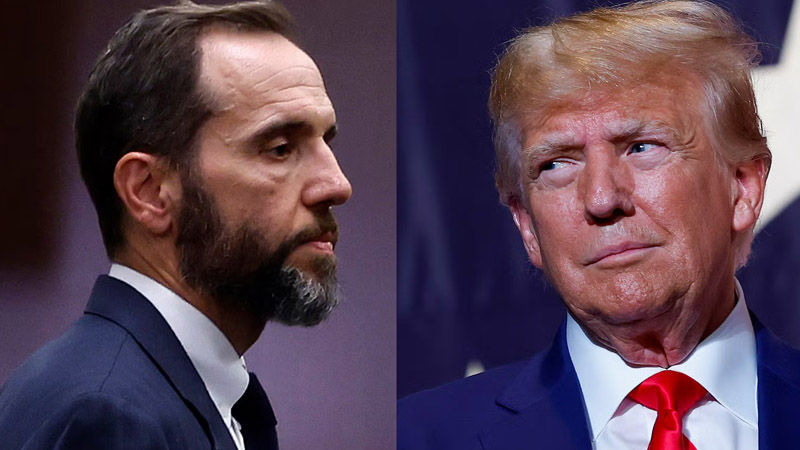“If You Think the Courtroom is Dingy, Just Wait” Trump’s Potential Post-Verdict Reality

Photograph: Charly Triballeau/AFP/Getty Images
As Donald Trump faces the jury’s deliberation in his hush money trial, the discomfort of a chilly Manhattan courtroom could soon be the least of his worries. The trial, which centers on 34 felony counts of falsifying business records linked to a payment made to actress Stormy Daniels, could lead to outcomes far more severe for the former president than an uncomfortable bench.
“If you think the courtroom is dingy, just wait until you go to the probation office,” remarked Daniel Horwitz, a white-collar defense attorney and former prosecutor, according to The Washington Post. Legal analysts, including former prosecutors, have detailed the potential consequences if Trump is found guilty. The charges, classified as Class E felonies, could result in sentences ranging from 16 months to four years.
However, considering Trump’s status as a 77-year-old with no prior criminal record, actual jail time appears unlikely, as per Forbes. The real dilemma lies in whether Trump will face imprisonment or a more lenient sentence such as probation. As a former president and potential Republican candidate, the logistics of imprisonment or even home confinement involve complexities like Secret Service protection and restrictions on attending campaign events.
“If you have a probation officer, you are not supposed to travel without permission. Your home is subject to random search because you don’t have a Fourth Amendment right to your home being private. You can get drug-tested, potentially. Travel outside the country is difficult,” explained Matthew Galluzzo, another former prosecutor.
Despite these potential restrictions, Trump’s ability to run for office would not be impeded by a conviction. Constitution scholars clarify that a conviction does not prevent him from seeking or holding office, should he be elected. The trial, however, must end with a unanimous verdict to avoid a mistrial—a scenario his legal team would likely challenge.
Post-verdict procedures would involve Trump undergoing an interview with a probation officer, leading to a confidential pre-sentencing report. It’s crucial for convicted individuals to be truthful in these interviews. “If they are convicted and then say, ‘No, it’s a lie, it didn’t happen,’ that will go back to the judge. And that’s not good,” noted Jeremy Saland, a defense attorney and former Manhattan prosecutor.
Should the outcome involve non-prison penalties, Trump could face fines, community service, or home confinement. Remarkably, even under home confinement, Trump could still actively campaign. “There’s a lot he can do as a candidate while under home confinement,” Horwitz added, suggesting the possibility of remote rallies and press conferences from his residence. This scenario highlights the unique and complex intersection of law, politics, and personal liberty in Trump’s case.


